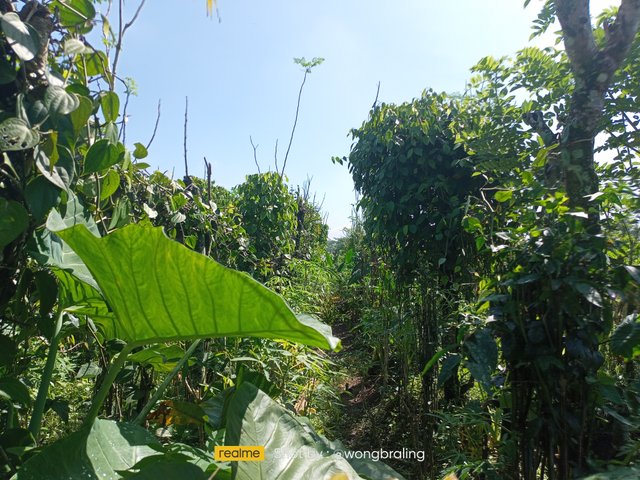
Planting is important for several reasons. Here are some of the key reasons:
Environmental Benefits: Plants produce oxygen and absorb carbon dioxide, which helps to reduce greenhouse gases in the atmosphere. They also help to prevent soil erosion and promote biodiversity by providing habitats for wildlife.
Food Production: Plants are the primary source of food for humans and animals. By planting crops, we can produce food for ourselves and others, reducing the risk of food scarcity and hunger.
Economic Benefits: Planting can be a source of income for farmers and other agricultural workers. By growing and selling crops, they can contribute to the local economy and support their families.
Health Benefits: Plants can improve air quality, which can have a positive impact on our respiratory health. Additionally, consuming plant-based diets has been linked to a variety of health benefits, including a reduced risk of heart disease, cancer, and other chronic illnesses.
Overall, planting is a critical component of our environment, food systems, and economies, and it plays an essential role in supporting human health and well-being.